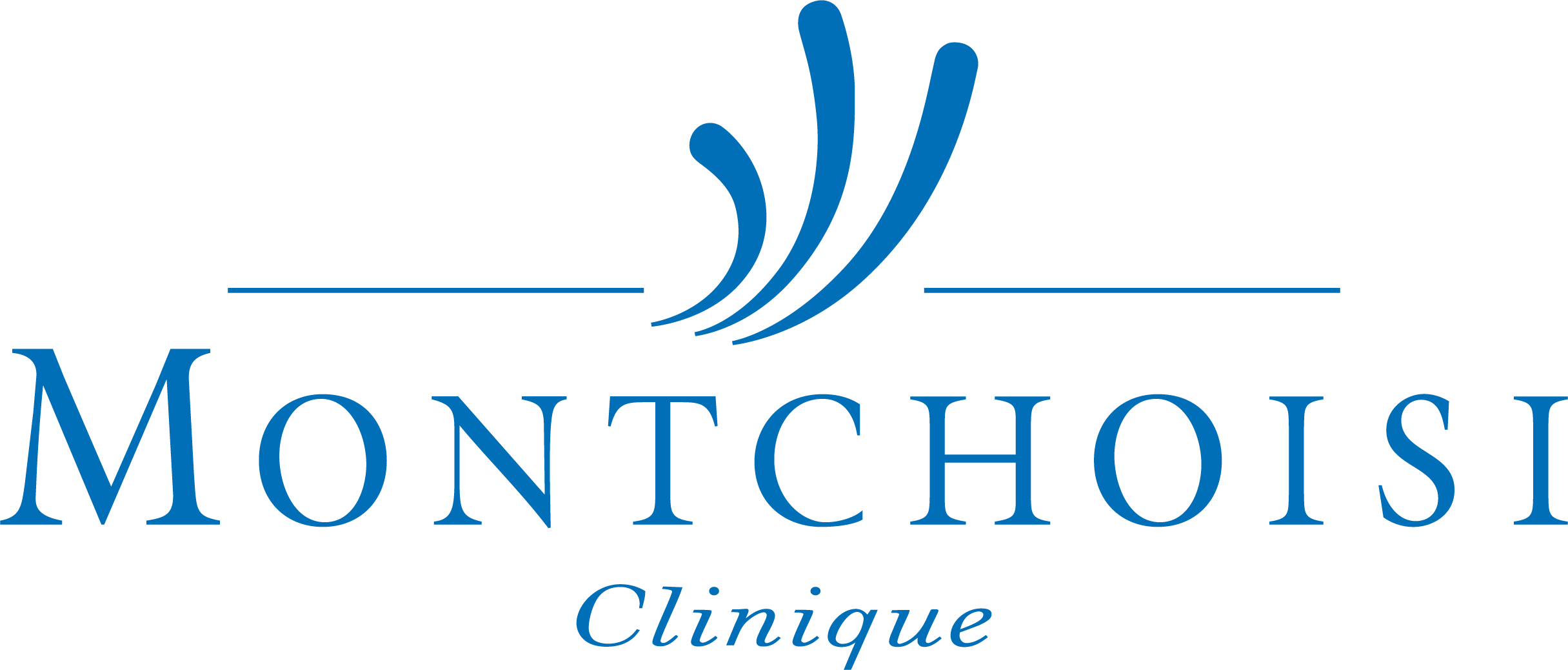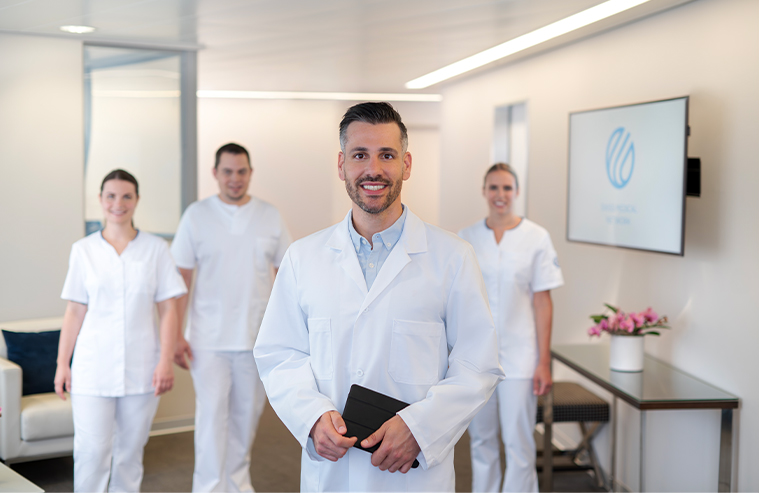Physiotherapy for breathing
Physiotherapy plays an important role in pulmonary rehabilitation. Special breathing techniques are used to train patients how to increase their breathing volume. Special techniques are also used to stimulate coughing so that secretions can be expelled.
In the event of cardiorespiratory problems, when the organs and muscles are not supplied with enough oxygen, various mobilisation and strengthening exercises are carried out in order to regain the necessary stamina.
On the basis of a medical prescription, the physiotherapist's assessment and the patient's auscultation, the physiotherapist will be able to offer :
- Pure respiratory physiotherapy techniques chosen according to the location of the problem in the bronchial tree, e.g. directed ventilation, inspiratory and expiratory techniques, etc.
- Work with external aids (inspirex, acapella, etc.)
- Work on posture to encourage breathing
- Research into physiological respiratory movement
- Work on the tissues to reduce any tension
- Work on the diaphragm, the key muscle in breathing
- Re-training for exercise with or without oxygen
- Physical activity adapted to the patient's problems


